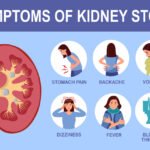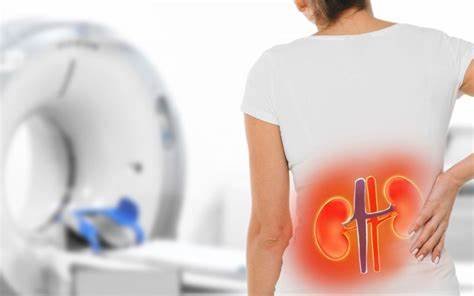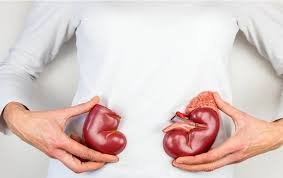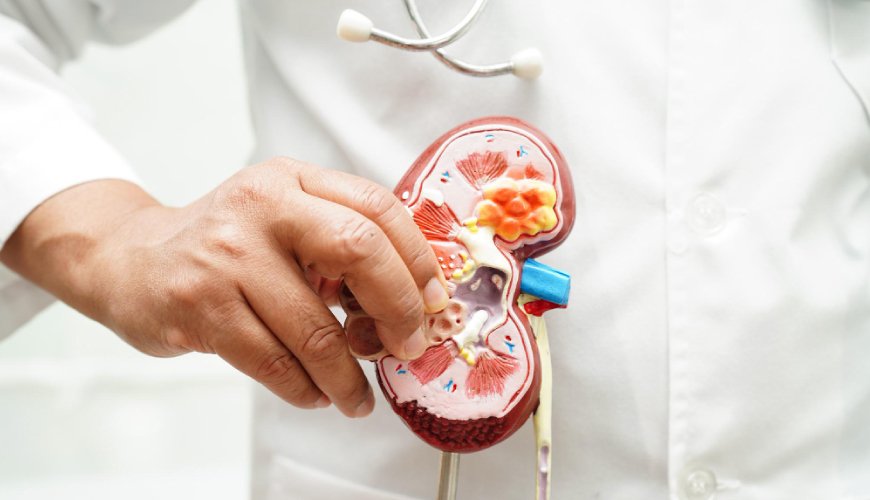Kidney stones are painful and can cause significant discomfort when they move through the urinary tract. Recognizing the symptoms early is crucial for managing the condition and seeking appropriate treatment. In this article, we will explore the most common symptoms of kidney stones and how to identify them.
What Are Kidney Stones?
Kidney stones are small, hard mineral deposits that form in the kidneys. These stones can vary in size and are often composed of substances like calcium, oxalate, and uric acid. When they move through the urinary tract, they can cause intense pain, blood in the urine, and other symptoms.
Common Symptoms of Kidney Stones
The symptoms of kidney stones can vary depending on the size of the stone and where it is located. While some stones may not cause any symptoms at all, others can lead to severe discomfort. Here are the most common symptoms:
1. Severe Pain (Renal Colic)
Pain is the hallmark symptom of kidney stones. The pain can vary in intensity and location, but it is usually sharp and cramp-like.
- Where: The pain often starts in the back or side, just below the ribs, and may radiate to the lower abdomen or groin.
- When: Pain may come in waves, intensifying and subsiding. It usually occurs when the stone moves or blocks the urinary tract.
- Intensity: The pain can be excruciating, often described as one of the most intense forms of pain.
2. Blood in the Urine (Hematuria)
Seeing blood in the urine is a common sign of kidney stones. The stone can cause irritation or scratching of the urinary tract lining as it moves, leading to bleeding.
- Appearance: The urine may appear pink, red, or brown. In some cases, the blood is microscopic and can only be detected through a urine test.
3. Painful Urination
As the stone moves through the urinary tract, it can cause discomfort or a burning sensation during urination. This is most often felt when the stone passes through the ureter into the bladder or urethra.
4. Frequent Urination or Urgency
Kidney stones can cause the need to urinate more frequently than usual, or an urgent feeling of needing to urinate.
- Location: This symptom may occur when the stone is near the bladder or in the lower part of the urinary tract.
- Urgency: You may feel an urgent need to urinate but only pass small amounts of urine.
5. Nausea and Vomiting
The severe pain associated with kidney stones can lead to nausea and vomiting. This is especially common when the stone causes blockage in the urinary tract, leading to a backup of urine.
6. Cloudy or Foul-Smelling Urine
If a kidney stone causes infection or irritation in the urinary tract, the urine may appear cloudy or have a strong, foul odor.
7. Fever and Chills (In Case of Infection)
If a kidney stone leads to a urinary tract infection (UTI), you may develop a fever, chills, and a general feeling of being unwell. This is a serious complication and requires immediate medical attention.
When to Seek Medical Help
If you experience any of the following symptoms, it’s essential to seek medical care promptly:
- Severe, sharp pain that doesn’t subside.
- Blood in the urine, especially if it’s accompanied by pain.
- Nausea, vomiting, fever, or chills.
- Difficulty urinating or the inability to pass urine.
- Persistent pain that doesn’t improve with over-the-counter pain medications.
Conclusion
Kidney stones can cause significant pain and discomfort, but recognizing the symptoms early can help you seek treatment and manage the condition effectively. If you experience any of the signs listed above, it’s important to consult a healthcare provider for diagnosis and treatment. Early intervention can help prevent complications and provide relief from the pain associated with kidney stones.










